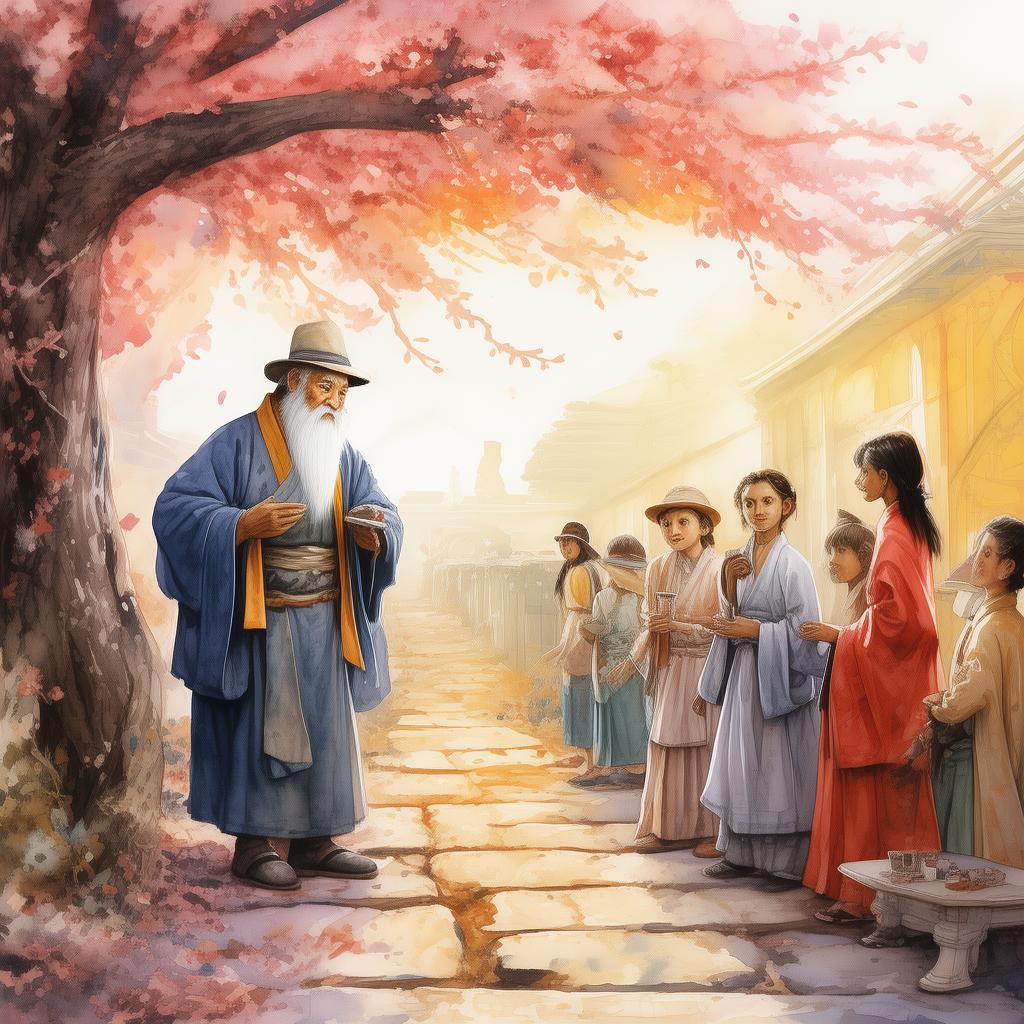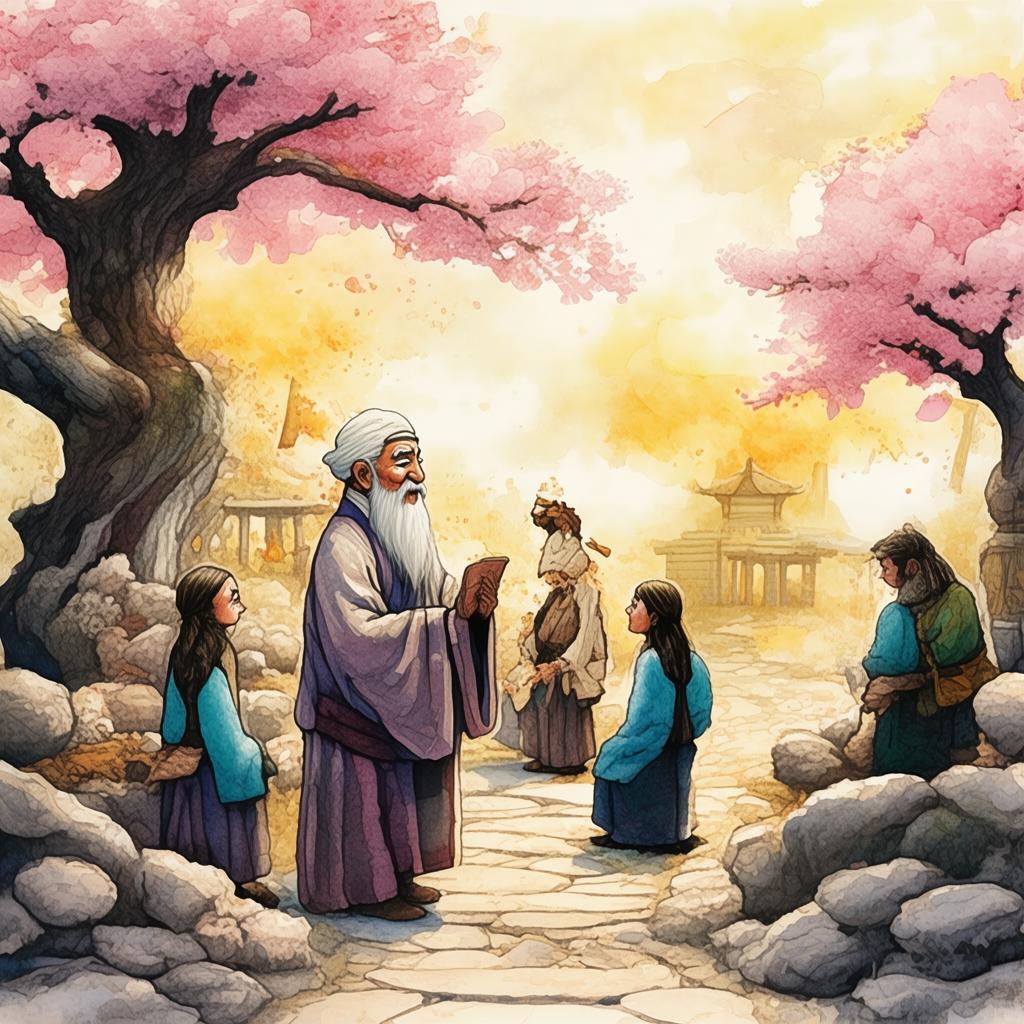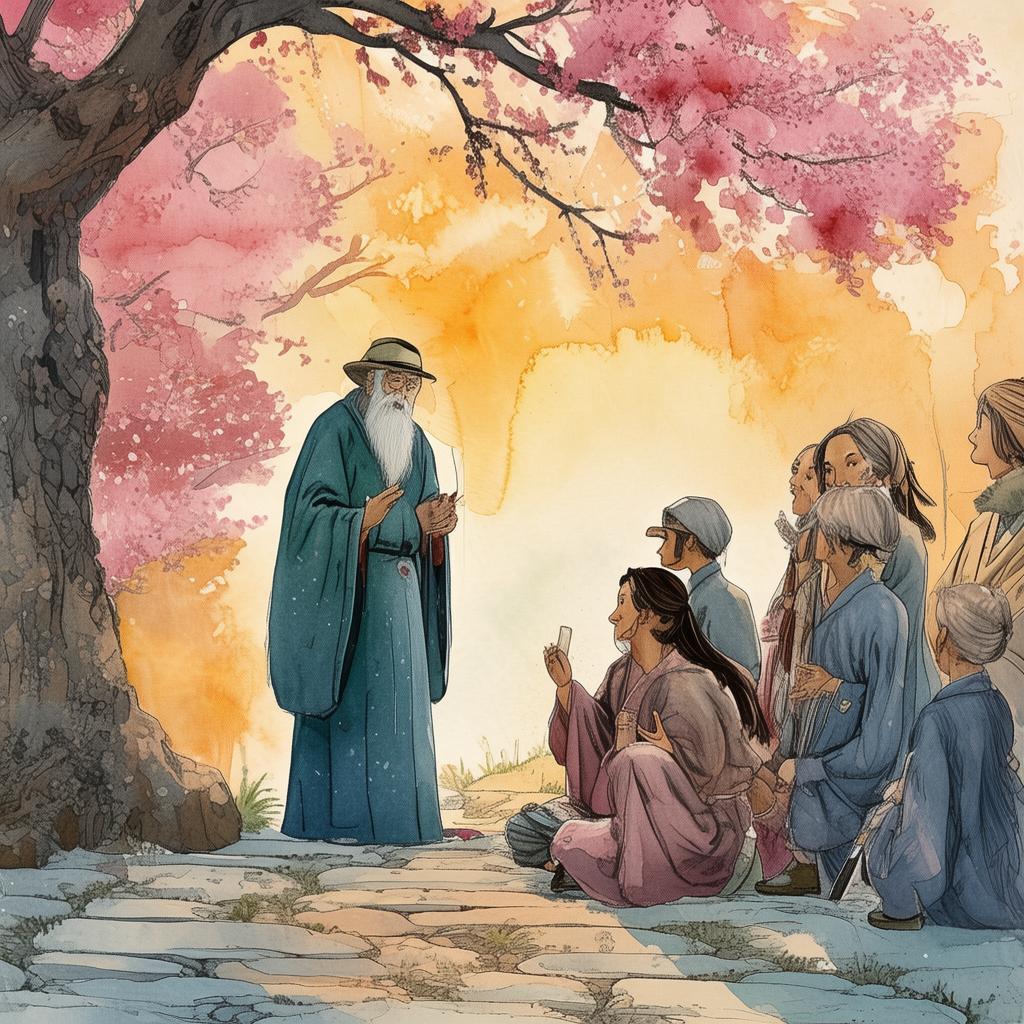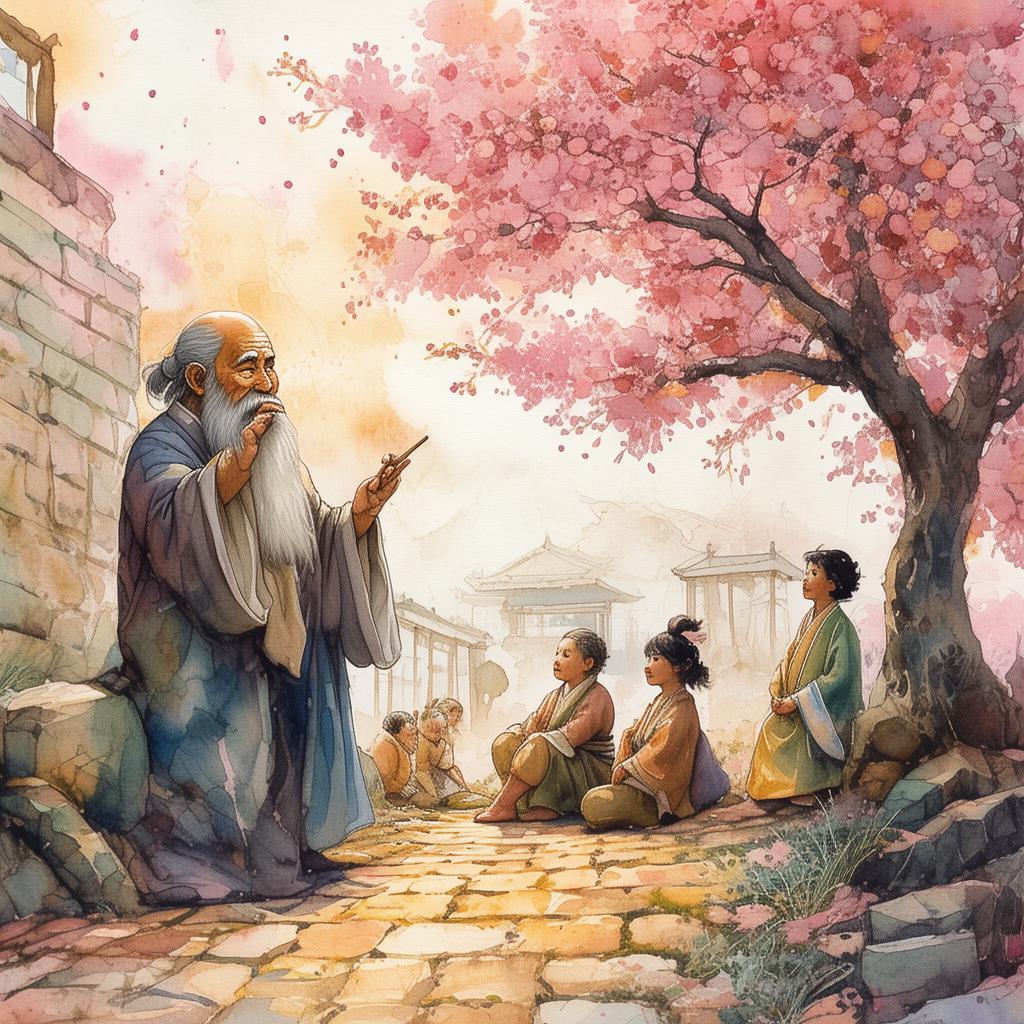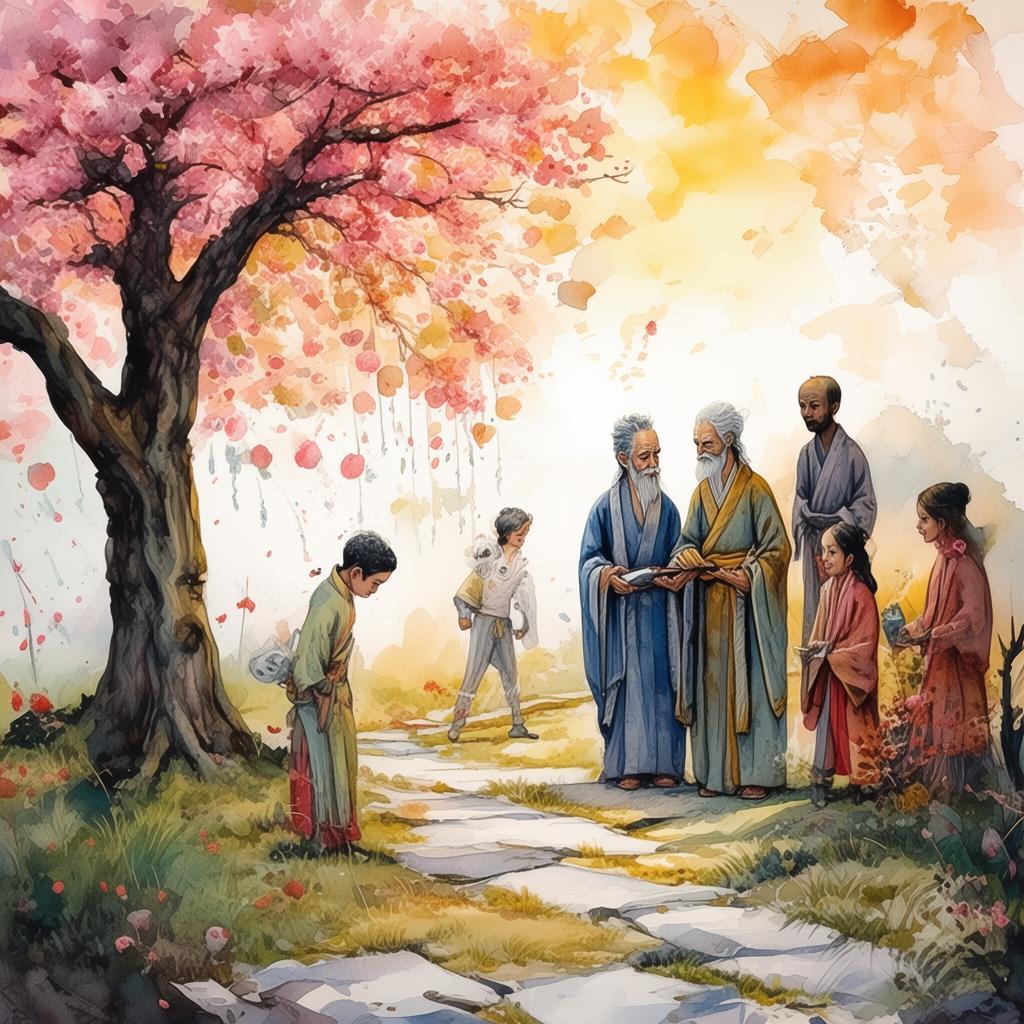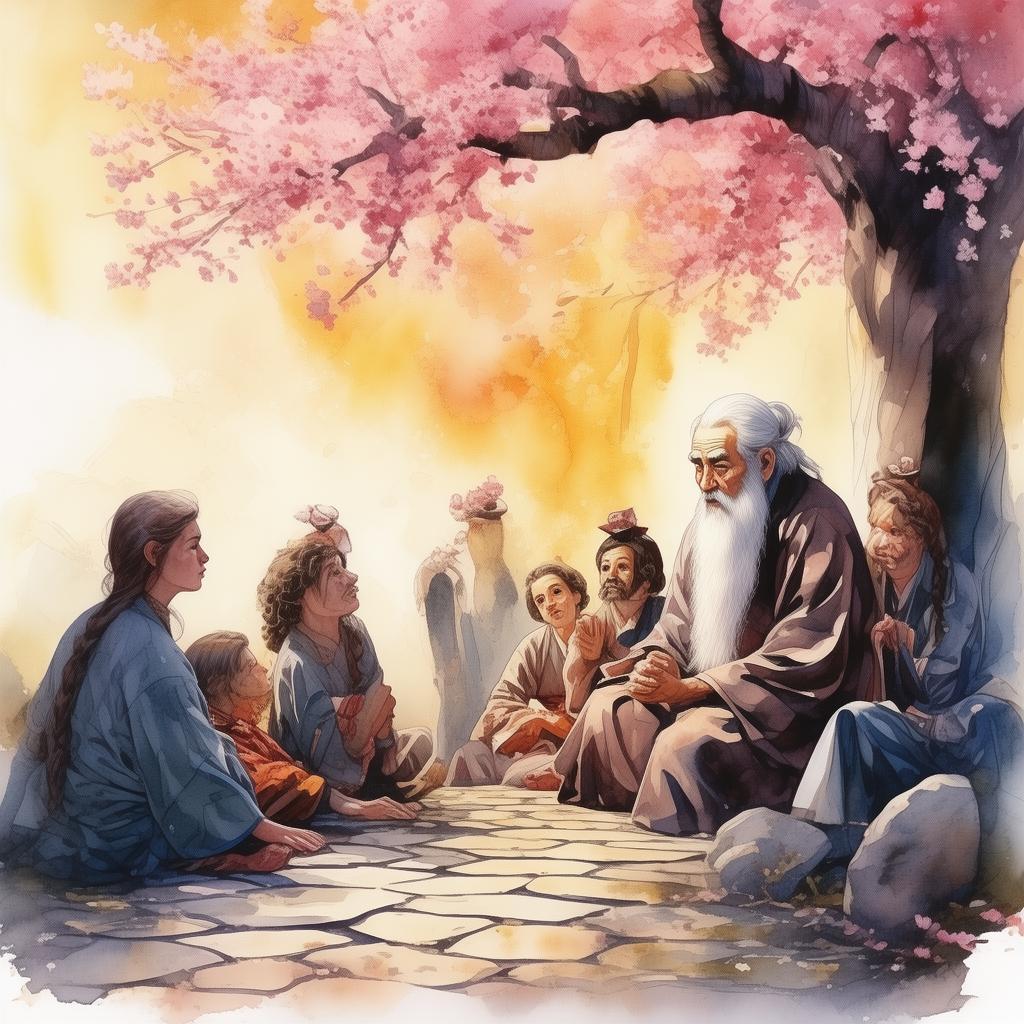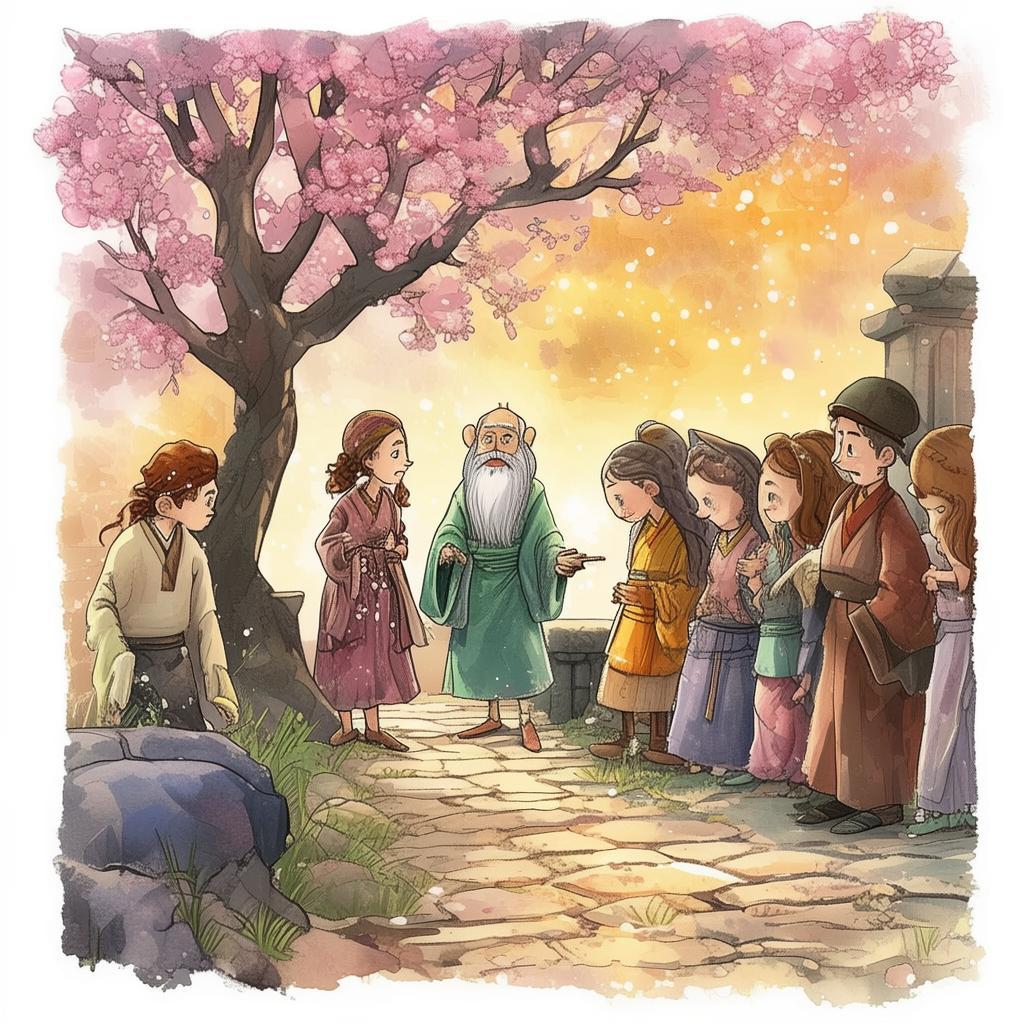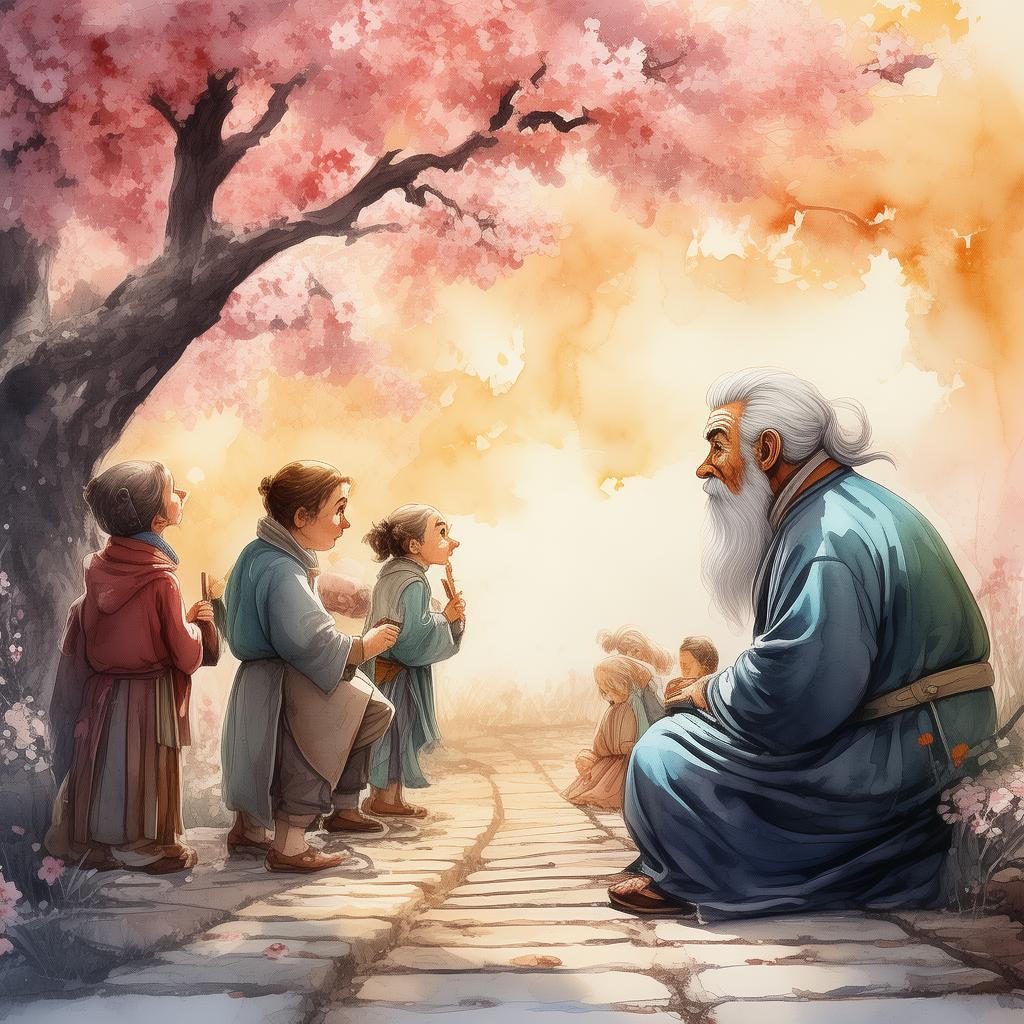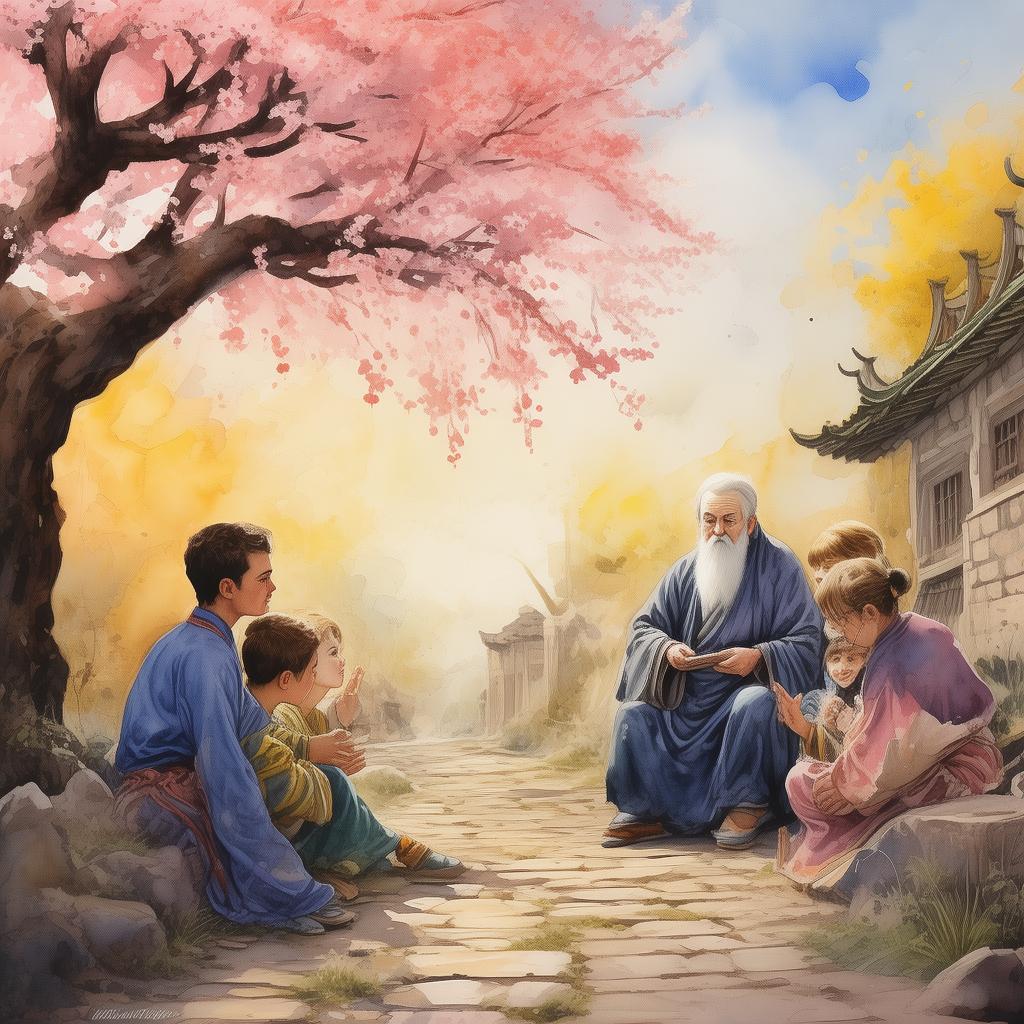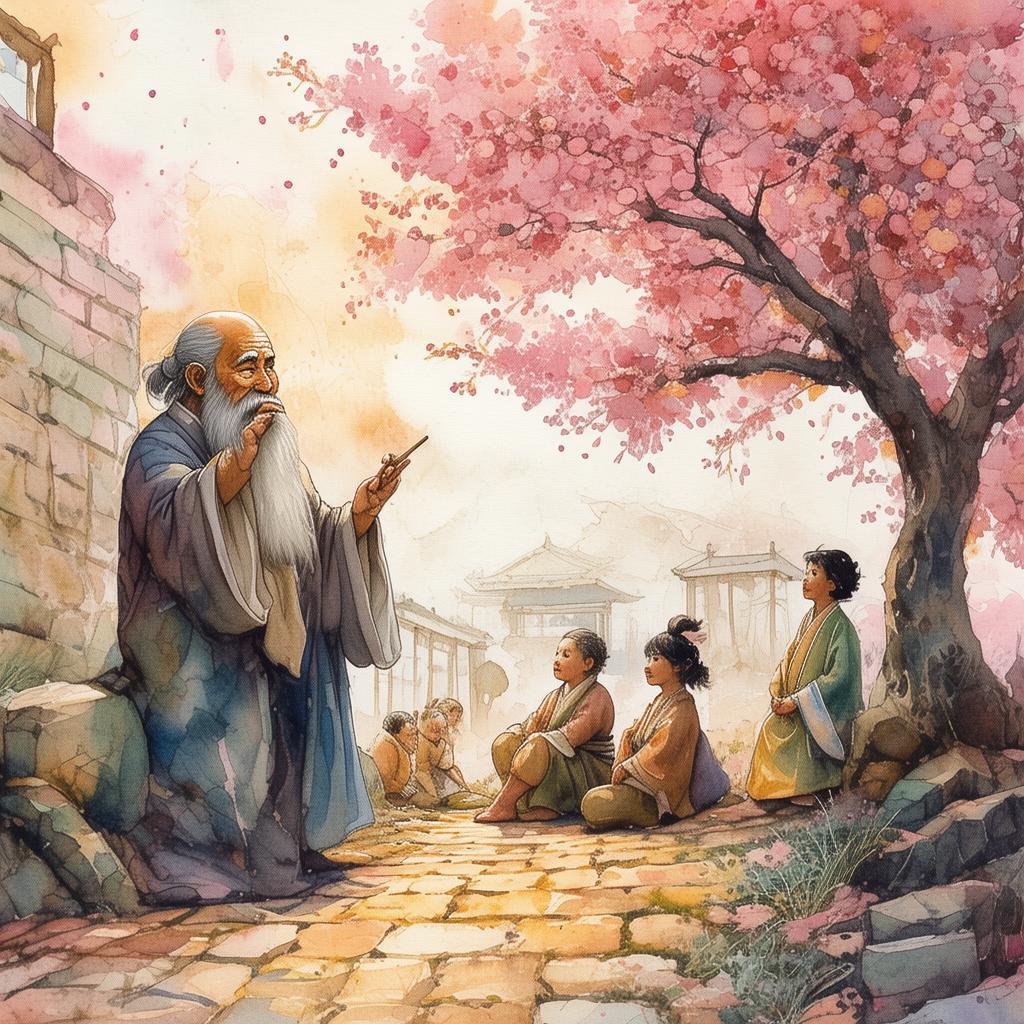The Echoes of War: A Symphony of Sorrow
In the heart of a war-torn land, where the sound of gunfire had become the backdrop of daily life, there lived a soldier named Chen. His name was a whisper in the ears of the weary, a figure who had seen more than his years should have allowed. The war had taken its toll on Chen, not just physically, but emotionally. His eyes held the weight of countless lives lost, and his heart bore the scars of battles fought and won.
Chen was known to the soldiers as the "Silent Symphony," a moniker that belied the chaos that roamed within him. He was the one who listened to the sounds of war, the ones that others could no longer bear. The crack of a bullet, the wail of a siren, the distant laughter of the enemy—all these sounds formed a symphony that played in Chen's mind, night and day.
One evening, as the sun dipped below the horizon, casting a crimson glow over the battlefield, Chen found himself in a quiet corner of a makeshift camp. He sat on a pile of discarded equipment, his eyes fixed on the horizon, where the last rays of light were fading. It was then that he heard it—a faint, almost imperceptible sound. It was a melody, a tune that seemed to be carried on the wind, weaving through the silence of the war-torn landscape.
Curiosity piqued, Chen followed the sound, stepping over the ruins of homes and the bodies of the fallen. The melody grew louder, more distinct, until it reached a crescendo. Chen found himself at the edge of a ravine, where a small, makeshift orchestra was performing. The musicians were a motley crew of war's survivors, each playing an instrument that had seen better days. But their music was pure, a testament to the resilience of the human spirit.
The conductor, a woman with a face etched with the lines of sorrow and hope, raised her baton. The symphony began to unfold, each note resonating with the pain and loss that had become a part of Chen's existence. The strings wept, the woodwinds sang, and the percussion beat a rhythm that mirrored the heartbeat of a soldier in the trenches.
As the symphony reached its climax, Chen felt a wave of emotion wash over him. He realized that this music was a reflection of his own inner turmoil, a silent symphony that had been playing in his mind for so long. The soldiers around him, too, seemed to be moved by the music, their expressions softening as the melody filled the air.
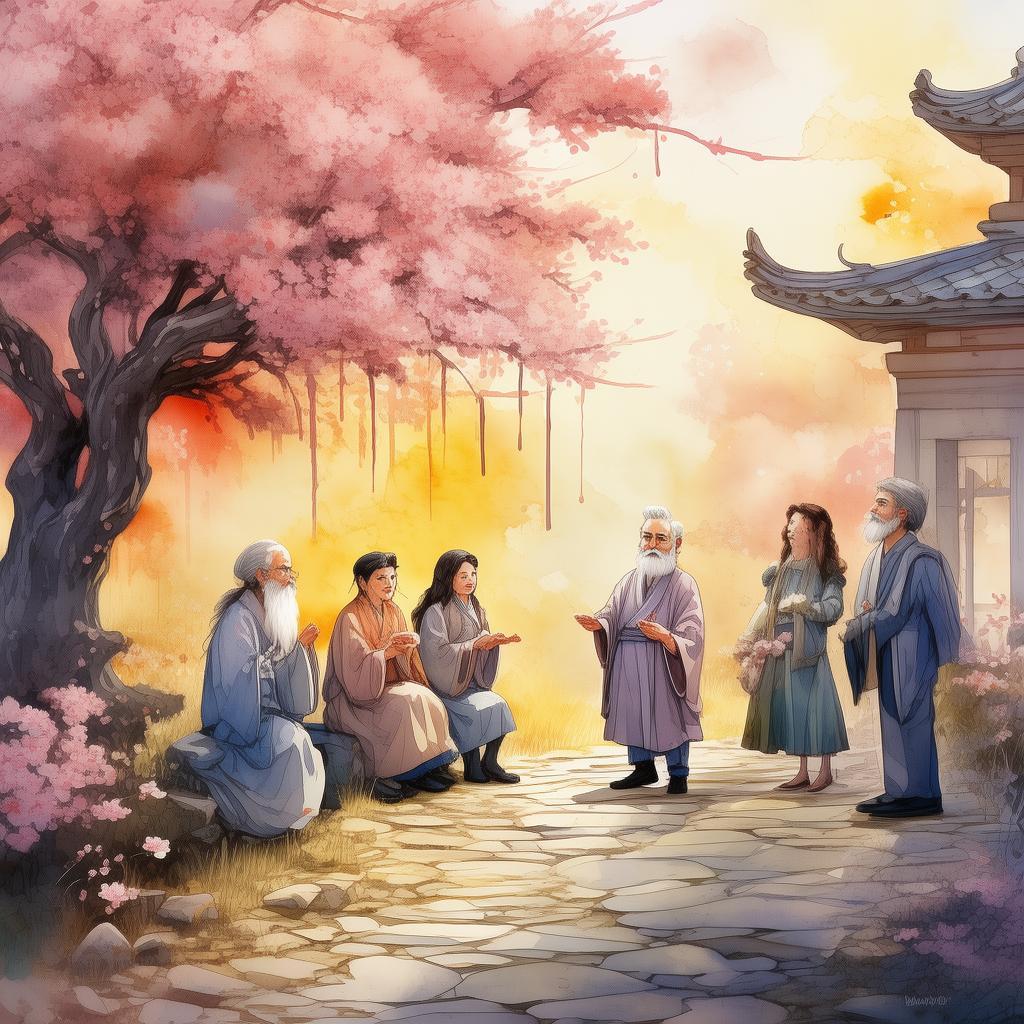
After the final note, the conductor turned to Chen, her eyes reflecting the same weariness that he felt. "You are not alone," she said, her voice barely above a whisper. "We all carry the weight of this war, and we all seek peace."
Chen nodded, feeling a connection to the conductor and the other musicians that transcended the circumstances of their lives. In that moment, he knew that he had found a new purpose. He would use his gift of listening to the sounds of war to help others heal, to create a symphony of peace that would echo through the ravaged land.
Days turned into weeks, and Chen began to visit the orchestra, learning to play the piano. His fingers moved across the keys, producing melodies that mirrored the ones he had heard in the ravine. The orchestra, in turn, embraced Chen, welcoming him into their ranks as a fellow artist and a fellow sufferer.
As the war raged on, the symphony of peace grew louder, reaching the ears of soldiers and civilians alike. It became a beacon of hope, a reminder that even in the darkest of times, there was still light. The music of the orchestra became a symbol of unity, a testament to the power of art to transcend the boundaries of conflict and sorrow.
And so, Chen's journey continued, one that had started with the echoes of war and ended with the creation of a silent symphony of sorrow that would resonate for generations to come.
✨ Original Statement ✨
All articles published on this website (including but not limited to text, images, videos, and other content) are original or authorized for reposting and are protected by relevant laws. Without the explicit written permission of this website, no individual or organization may copy, modify, repost, or use the content for commercial purposes.
If you need to quote or cooperate, please contact this site for authorization. We reserve the right to pursue legal responsibility for any unauthorized use.
Hereby declared.
